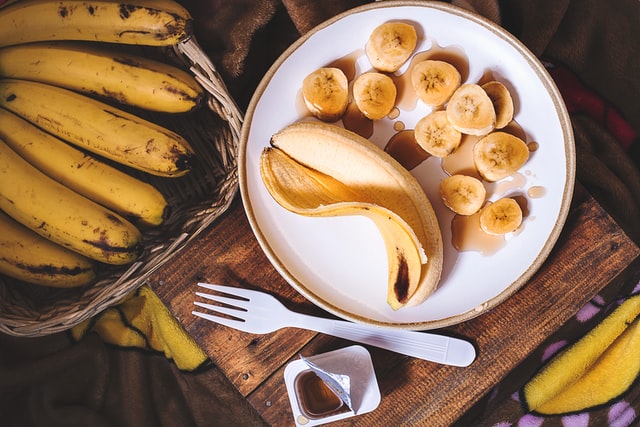However, not all foods are suitable for warming because of the way they react to bacteria while being stored, or because proteins broken down during cooking can have a significant impact on your health.
The following 5 foods are advised by the British Food Standards Agency (FSA) and the European Food Information Council (EUFIC) not to reheat again because of potential health risks.
1. Cold rice
This is due to the presence of highly resistant bacteria called Bacillus Cereus. At room temperature, these spores multiply and can produce toxins that cause vomiting or diarrhea, and reheating rice will not help get rid of these toxins. It is safest to eat freshly cooked rice. and to avoid reheating rice again.
2. Chicken
We can say the same thing about chicken and other poultry, which are very susceptible to salmonella and eggs. This can be a huge problem when rewarming chicken leftovers in the microwave because the heatwave will not be capable to penetrate the entire chicken from the inside out.
So if a chicken is contaminated with salmonella without being heated enough it will not be able to kill all the bacteria and when we consume it that could lead to poisoning.
Another reason for warming chicken is often not recommended because of the higher protein density than red meat - when heated, the proteins break down differently and can cause stomach discomfort.
So the next time you want to leave the leftover chicken meat for later, then after you finish eating, you must instantly put the leftover chicken in the refrigerator to keep a temperature of 40 ° F (more than 4 degrees Celsius) or below, the US Department of Agriculture recommends. Italy. Chicken should be used within 1-2 days, evening already 3 days. When reheating, make sure the whole chicken is heated to 165 ° F (more than 73 degrees Celsius) before eating.
3. Mushrooms
However, if the mushrooms are stored in the refrigerator and do not last longer than 24 hours, warming should not be a problem as long as it is heated to 70 degrees Celsius. Mushrooms should be consumed instantly after reheating.
However, it is best not to store mushrooms and eat them again the next day because the abundant proteins and minerals in the mushrooms will be destroyed when reheated, they will produce toxins containing oxidized nitrogen and radicals. free. This also affects your digestive system.
4. Eggs
We are all aware that eggs are a rich source of protein. Though cooked or boiled eggs can cause serious harm when exposed to heat several times.
Once you have cooked the eggs, eat them immediately but if it is kept for a longer time, do not reheat but eat when cooled as the eggs contain a lot of nitrogen. This nitrogen can be oxidized by heating, causing additional cancer.
Potatoes are a rich source of vitamin B6, potassium, and vitamin C but if they are reheated multiple times, potatoes can produce Clostridium Botulinum (the bacteria that cause Botulism).
5. Potatoes
Potatoes are a rich source of vitamin B6, potassium, and vitamin C but if they are reheated multiple times, potatoes can produce Clostridium Botulinum (the bacteria that cause Botulism).
Even if you leave the potatoes cooked at room temperature, the bacteria will only grow. So, if you want to avoid bacterial growth, it's most beneficial to store them in the fridge or throw them away if you not going to eat them within 1-2 days.








0 Comments